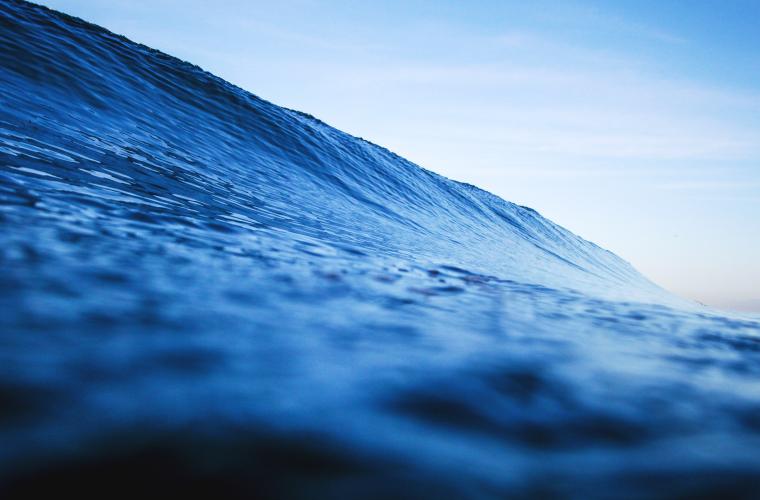“For the sake of these communities, their health, and the planet, we are urging the Government to properly resource the regular testing of coastal waters.”
Coastal councils have reported the impacts being felt by their communities resulting from the continuing deterioration in coastal water quality, according to a new survey.
A survey from the Local Government Association Coastal Special Interest Group (LGA Coastal SIG) of coastal councils found that they are highly concerned about the impact on people’s health and coastal habitats, with 70 per cent reporting loss of tourism due to deteriorating water quality, caused by sewage, farming runoffs and waste deterring visitors.
Almost 90 per cent felt there was not enough water quality testing carried out in coastal waters. Over 45 per cent said the reason for a decline in Bathing Water Classification was unknown or that the cause could not be fully identified.
Councils say more testing is needed by the Environment Agency in order to allow more recreational use of coastal waters and more detailed analysis would allow them to know what action to take to improve water quality.
Many coastal areas rely on good water quality for local economies to thrive, from fishing through to tourism.
The LGA Coastal SIG is calling for an independent review of water companies, the removal of self-monitoring, changes to the water quality monitoring programme, review of the Pollution Risk Forecasting system and appropriate resourcing of the Environment Agency to enable them to deal with the issue.
Cllr Sandra Squire, Member Champion for Coastal Water Quality at LGA Coastal SIG and Cabinet Member for Environmental and Coastal at Borough Council of King’s Lynn and West Norfolk said:
“Coastal councils have long recognised the impact poor water quality can have on local communities, tourism and the shellfish industry.
“This report highlights that poor bathing water quality affects councils around the country and shows how it is now critical that water pollution is taken seriously as a national problem, with steps taken to improve all of our coastal waters as an urgent priority.”
Cllr Ernest Gibson, Chair of the LGA Coastal SIG and Councillor for South Tyneside Council said:
“The impact of poor water quality on our unique coastal communities cannot be understated and there must be a more rapid and significant move towards protecting coastal water quality as an ‘urgent priority’.
“Councils want to see declining water quality being tackled collaboratively so that a solution can be agreed and progressed, and for an independent review of water companies to be delivered.”
Cllr Darren Rodwell, environment spokesperson for the LGA said:
“The local economies of many coastal communities are dependent on maintaining good water quality, whether it be through fishing, water sports or tourism.
“For the sake of these communities, their health, and the planet, we are urging the Government to properly resource the regular testing of coastal waters.”
Notes to editors
1. The LGA Coastal SIG champions the collective interests of coastal communities by increasing awareness and debate on environmental, economic and social issues at all levels in relation to the coast. The Lead Authority for the LGA Coastal SIG is South Tyneside Council, who has held this position since September 2019 and the group is formed of 58 member councils, covering ~60 per cent of the English coastline and representing 16 million people.
The Group’s Coastal Water Quality Working Group is chaired by Cllr Sandra Squire (Borough Council of King’s Lynn and West Norfolk) as the Member Champion, and is supported by co-Officer Leads Michelle Hogg (South Tyneside Council) and Clare Nolan-Barnes (Blackpool Council). Further information is available here: https://lgacoastalsig.com/coastal-water-quality/

